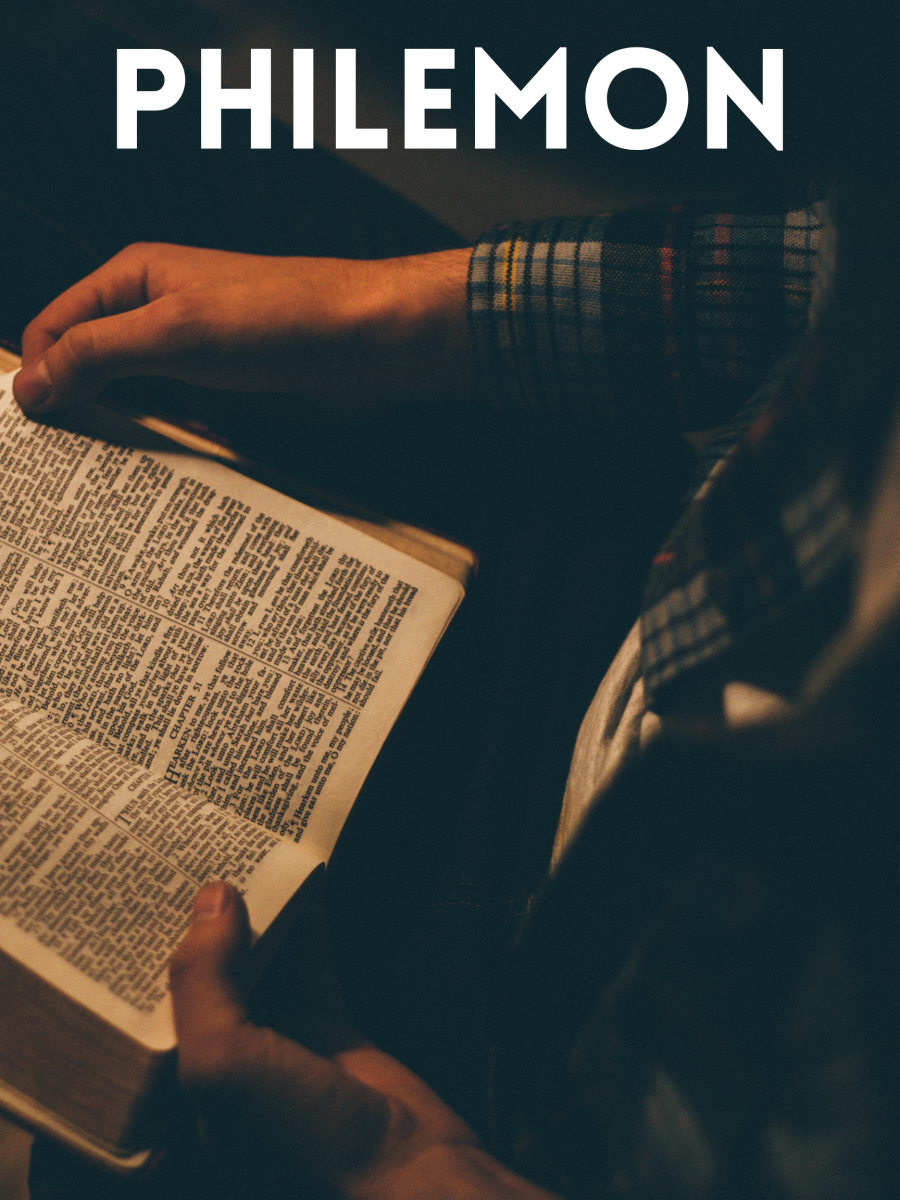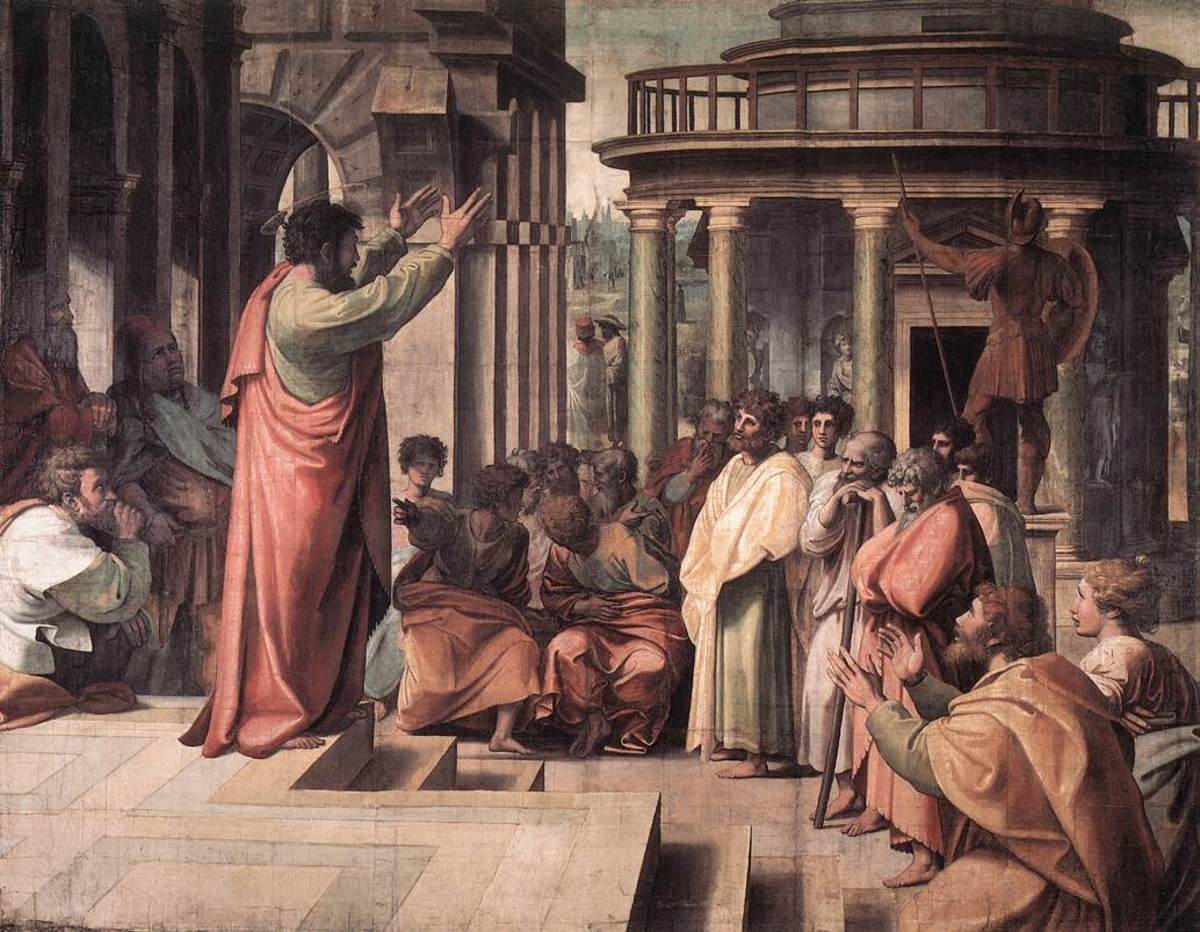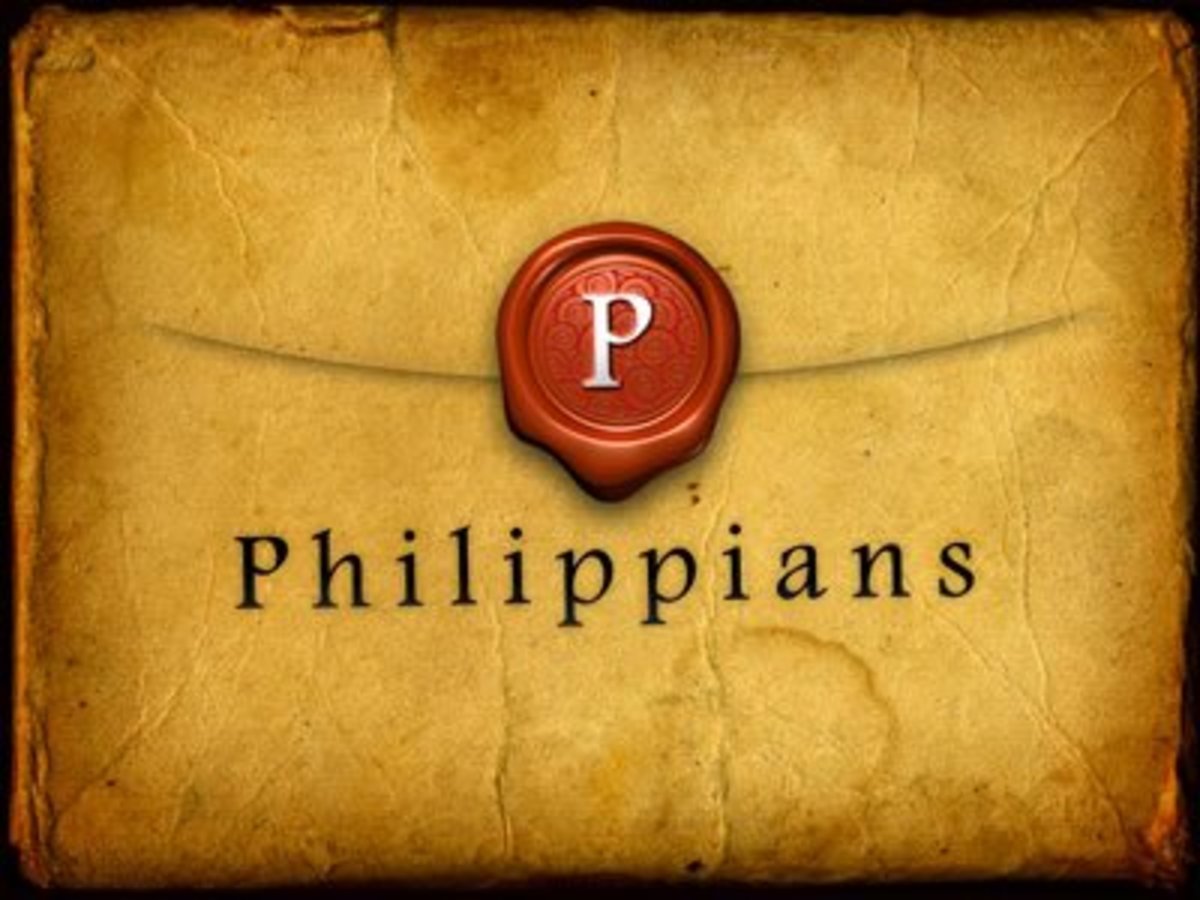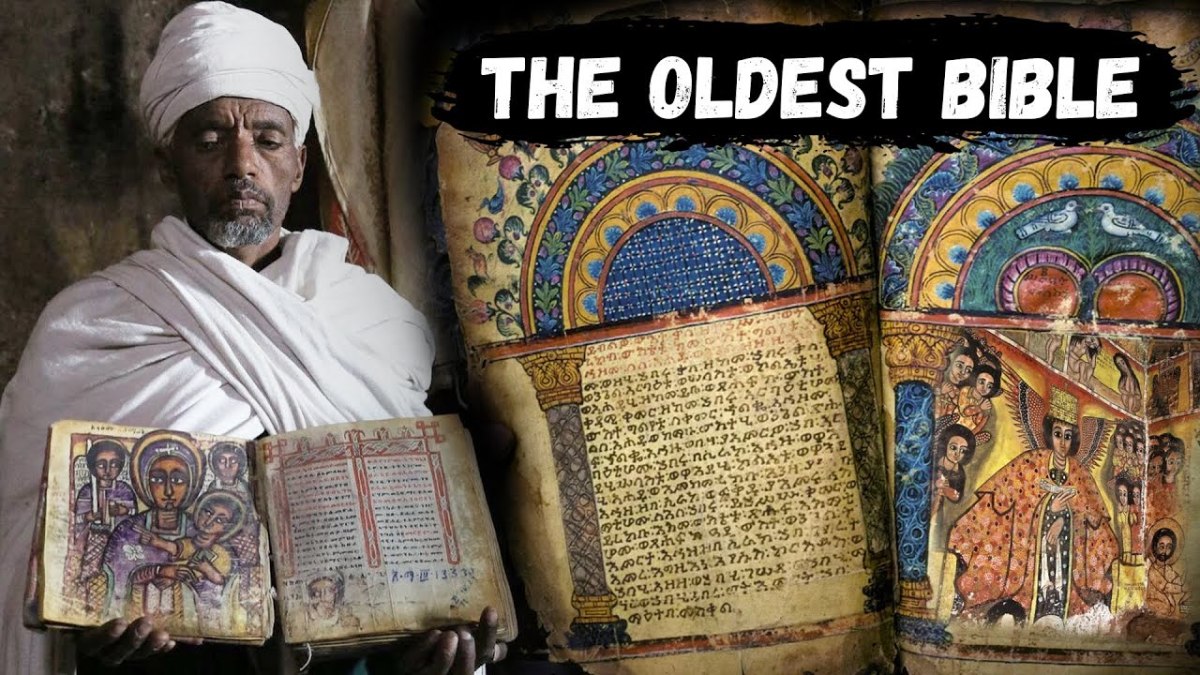THE EPISTLE TO PHILEMON (2) FORGIVENESS



THE EPISTLE TO PHILEMON
In Part (1) of the EPISTLE to PHILEMON, the narrative was how Paul approached the situation of reconciliation between Philemon and Onesimus, his runaway slave. He became a Christian and now wanted to return to his former master, Philemon.
The epistle informed us how Paul set about accomplishing his job or responsibility as a Christian to restore all Christians to the body of Christ as a whole. To do that, Paul did three things, First, he addressed Philemon by a prayer of thanksgiving praising him for his committment for his faith and love to the church and his family.
Second, he pleaded with Philemon on his character, persuading him to forgive Onesimus as he was forgiven by Christ. He hoped that Philemon would receive him as a beloved brother rather than a slave (v.16).
Last of all, Paul took all his responsibilty for Onesimus' debt on himself, reminding him of his conversion to Christ (vv. 17-19). Finally, a benediction was given (v. 25).
THREE PEOPLE INVOLVED IN THE MEDIATION
The three people involved in the mediation are Paul, the apostle who was imprisoned in Rome (Philem. 9), Onesimus, the runaway repentant slave of Philemon, who was a resident of Colossae (Philem. 1-2), and the owner of Onesimus.
PAUL
All three characters in the story are equally important for they each play a prominent role. Paul, an apostle of Jesus Christ as a leader chosen by Jesus Christ on the road to Damascus was suddenly struck blind, later recovered and became a fervent follower of Christ. God used him to preach to the Gentiles. At the time, this story unfolded, Paul was imprisoned in Rome waiting for his case to be heard before Caesar, but he was allowed free access to his friends while in prison.
Paul, a Pharisee was aware that as Christians, there must be harmony between Christians and that all are equal in the sight of God. He took it upon himself to mediate between Onesimus, a runaway slave who converted to Christianity, and Philemon, the master whom Paul had earlier led to Christ.
It may seem that Onesimus' role is lesser than that of Paul or Philemon. Actually, it is not so for by resorting to return to face the music, he probably felt that his life may be in danger. Philemon may not agree to what Paul had suggested, or he might be killed in return for running away. His life could be in jeopardy!

PHILEMON
He may seem to be the important character in this scene, All three characters are equally important. He, a pious Christian is approached by Paul to condone a runaway slave and restore him as a brother for Onesimus had become a Christian. To forgive him for running away is one thing, but to recognise him as an equal to a brother is another matter. Philemon was being tested as a Christian to see whether he was open to the question of forgiving his runaway slave and restoring him as a brother in Christ by Paul who wrote from Rome.
- Philemon, who was a master and owner of slaves was requested by Paul, an apostle to make a hard choice.
- Paul did not forced him to do it, but implored him as a Christian who had his sins forgiven by Jesus Christ. Paul reasoned with him as an equal, not as master and slave.
- Philemon, being an honourable man listened to his own conscience admitting that Paul's pleading had some merit acceded to Paul's request though this was not recorded in the bible. The fact that the epistle to Philemon was in the Bible testified that this was the outcome of the matter.
- Philemon showed his generosity by his allowing the church to congregate in his house.
- "Hearing of thy love and faith, which thou hast toward the Lord Jesus, and toward all saints.
Philemon seemed to be rich and generous enough to allow the church to congregate in his house. Paul acknowledged his generosity, and pleaded leniency for Onesimus and laid his debts on himself. Philemon was reminded that Christ had forgiven him much, and he should also forgive Onesimus.
ONESIMUS
He was the runaway slave to Philemon and his role seemed fairly minor when compared with the other two main characters. Onesimus wished to be reconciled with his former master and be forgiven. He did not state that he wished to have equal status with his former master, but it was Paul's idea. However, all Christians are equal in the eyes of God.
Onesimus' role is no lesser than that of Paul or Philemon. Actually, it is not so for by resorting to return to face the music, he probably felt that his life may be in danger. Philemon may not agree to what Paul had suggested, or he might be killed in return for running away. His life could be in jeopardy!
DEFINITION OF FORGIVENESS
Wikipedia
Forgiveness is typically defined as the process of concluding resentment, indignation or anger as a result of a perceived offense, difference or mistake, and/or ceasing to demand punishment or restitution. [1] The Oxford English Dictionary defines forgiveness as 'to grant free pardon and to give up all claim on account of an offence or debt'. The concept and benefits of forgiveness have been explored in religious thought, the social sciences and medicine. Forgiveness may be considered simply in terms of the person who forgives including forgiving themselves, in terms of the person forgiven and/or in terms of the relationship between the forgiver and the person forgiven. In some contexts, forgiveness may be granted without any expectation of restorative justice. and without any response on the part of the offender (for example, one may forgive a person who is incommunicado or dead). In practical terms, it may be necessary for the offender to offer some form of acknowledgment, apology, and/or restitution, or even just ask for forgiveness, in order for the wronged person to believe himself able to forgive.[1]
.
HOW MANY TIMES MUST I FORGIVE?
Matthew 18:21-22
Then came Peter to him, and said, Lord, how oft shall my brother sin against me, and I forgive him? till seven times? (22) Jesus saith unto him, "I say not unto thee, Until seven times: but, Until seventy times seven."
This means since 70 times 7 equal 490 times, it should be forever. Who ever does remember to tick off each time you forgive another person? You will be fed up even if you count it up to ten.
When you forgive another person for any wrong doing, you must completely put it off your mind or wipe off the slate and start out with a clean slate. When God forgives a person, He does not remember his iniquity.
Jeremiah 31:34
- Know the Lord: for they shall all know me, from the least of them unto the greatest of them, saith the Lord: for I will forgive their iniquity, and I will remember their sin no more.
We should remember what God does, and follow His action, which is forgive, and remember no more.

WHY DO WE FORGIVE?
BIBLE INSTRUCTIONS.
- We forgive because we have been forgiven by God (Ephesians 4:32).
- We forgive in obedience to God (Matthew 6:14-15).
- We forgive so we won’t become bitter and make enemies of those who are against us (Hebrews12-14-15).
- We forgive to gain control of our lives from hurt emotions for as Christians we want to take the high road and not foster grudges (Genesis 4:1-8).
THE HOLY SPIRIT ENABLES US TO FORGIVE
After a person becomes a Christian and is filled with the Holy Spirit, he becomes a new creature and he is born again as a new born baby, He starts his new life as a Christian and learns new ways as befitting a Christian. He has to discard his old habits of riotious living and lead a life of faith, hope and love.
In the Old Testament, God has promised that in the New Covenant with the birth of Jesus Christ, He would put His Holy Spirit in the hearts of His believers to teach them all truths that will lead them to salvation. The Holy Spirit has nine fruits or gifts to strengthen the believers to keep them away from all harm and evil if they believe in Jesus. The nine fruits or gifts of the Holy Spirit enable us to become strong children of God. forsaking all evil and living in harmony with God. They help us to have love, joy, peace, longsuffering, gentleness, goodness, faith, meekness and temperance.
THE NINE FRUITS OF THE HOLY SPIRIT
LOVE
- This is brotherly love. AGAPE (Mark 12.31; John 15.13).
JOY
- Joy is a consistent form of contentment with what God has provided. (Nehemiah 8.10).
PEACE
- Peace that transcends all understanding” (Philippians 4.7).
PATIENCE
- This is what is often referred to as long-suffering. It is perseverance and persistence through the Holy Spirit, we can endure all things and we can do all things. (Hebrews 10:36; Romans 12.12).
KINDNESS
- We learn to experience experience and demonstrate God's kindness (Ephesians 4:32, Colossians 3:12).
GOODNESS
- This goodness comes from God. Now goodness has more to do with motive for selfish reasons. Goodness is gIving to charity because there are people in need. (Psalms 25:8; Matthew 19:17).
FAITHFULNESS
- The act of faith; that as we draw nearer to Christ, our actions begin to quantify our faith. This real change that takes place in a believer as they place more and more of their trust in God (1 Corinthians 1:9; 2 Thessalonians 3:3).
GENTLENESS
- It is the supernatural ability to present convicting and challenging truth in a way that is loving and caring. The power of becoming meek. (Psalms 18:35; Psalms 40:11).
SELF-CONTROL
- It is the ability to overcome the desires of the flesh in mind, will and emotion to live by honouring God (Jeremiah 17:9).

THE HELP OF THE HOLY SPIRIT
We thank God for giving us the Holy Spirit to dwell in our hearts to help, lead, and direct our ways that lead to all truths culminating in salvation. The Holy Spirit helps different people to accomplish different tasks. Paul was given the wisdom of leadership, Philemon had a heart of gold, which he used to great advantage and Onesimus was cast as the remorseful son, repenting of his past incorrigible ways. All glory to God.
The Epistle to Philemon (2) Forgiveness
Do you know we must forgive in order to live?
Do you know the Holy Spirit enables us to forgive? Without the Holy Spirit we would be unable to forgive.
Links
- Secret of Happiness - Forgive and forget
It happens to all of us. We feel betrayed or slighted, dealt with unfairly, or made to lose in some way materially or otherwise and that sets off a process of grievance and recrimination or silent... - PHILEMON Case History of GOD'S GRACE & FORGIVENESS
PHILEMON Case Study of GODS GRACE & FORGIVENESS Philemon is a wonderful masterpiece and an often overlooked Book of the New Testament. It showcases the Grace of God and Forgiveness. The key verse... - What Does it Mean to Forgive?
I am sure many have asked the question, - Forgiving a Cheater - Staying together After an Affa...
WHAT IS AN AFFAIR? I actually got this concept from a very old episode of Oprah. Basically what she said, is that it is cheating if you would behave differently if your partner were watching. That is an...
© 2010 einron








